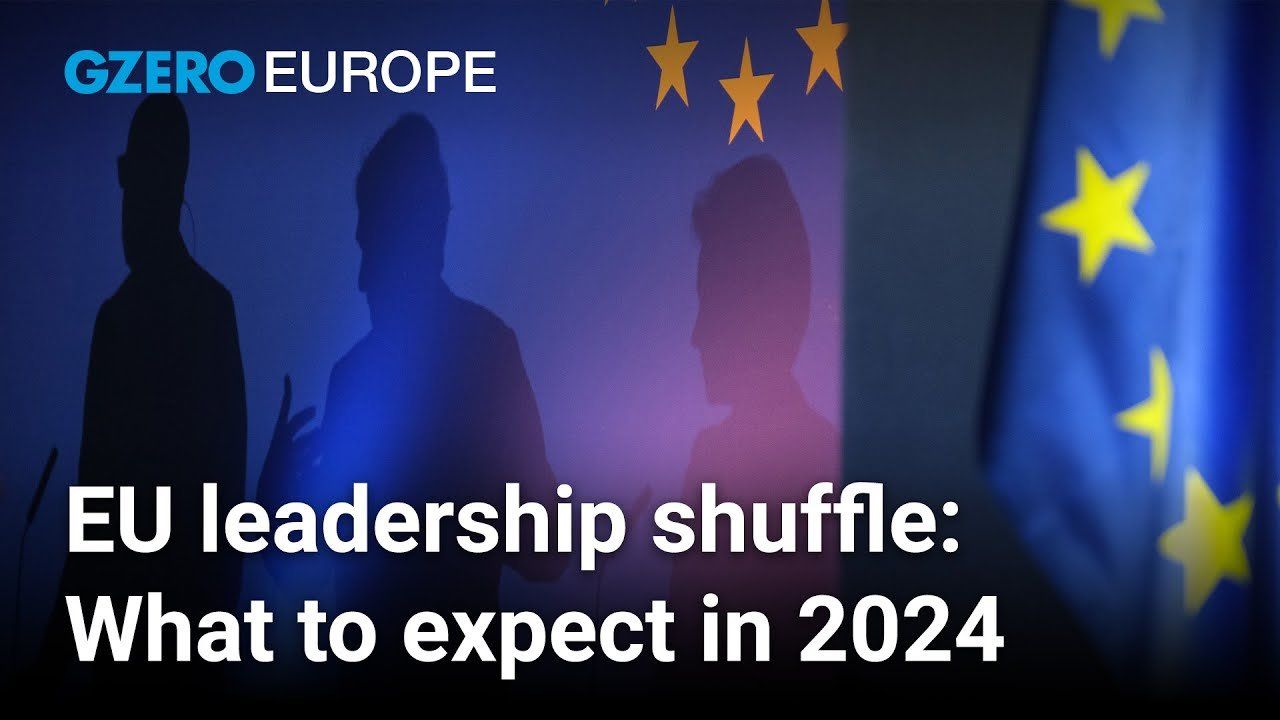GZERO Europe
Europe's big political stories to watch in 2024

EU leadership shuffle: What to expect in 2024 | Europe In :60

Carl Bildt, former prime minister of Sweden, shares his perspective on European politics.
What are the big political stories in Europe 2024?
Well, obviously the Russian aggression against Ukraine and the possibility of supporting Ukraine in its fight for its independence, freedom of sovereignty, is going to be the dominant story.
But apart from that, the election to the European Parliament happening in early summer, that's going to be enormously important, both because it will show the respective strengths of the different political forces in Europe. I would expect the center-right EPP to remain as the dominant force in the European Parliament, but that remains to be seen. And that is of course the beginning of the process of appointing all of the new personalities that will dominate the European Union in the coming five years. President of the European Council, president of the Commission, high representative for foreign and security affairs, president of the European Parliament, all of the commissioners, all will be decided during the month immediately after the election, based on that particular result.
Then, of course, an election in the United Kingdom, which is highly likely to produce a new government. And then perhaps the possibility, with a new commission and a new government in London, a more constructive relationship across the channel between Brussels and London. And I think that might be highly needed, as the country that I'm at the moment in is also having an election in November, and that might produce an outcome which might be highly problematic from several points of view. And Europe has to be ready
Somewhere in the Donbas region, Ukrainian soldier Artem Bondarenko says he hasn’t slept through the night in months as he defends Eastern Ukraine.
In the latest episode of Vladimir Putin and Xi Jinping's hit wellness podcast This Authoritarian Life, we learn how positive communication patterns can break negative cycles in our relationships -- especially our relationships with Iran, Syria, Venezuela, and Cuba. #PUPPETREGIME
Israel indirectly warned Lebanon that it would strike its northern neighbor hard if the Iran-backed militia group Hezbollah gets involved in any future US-Iran conflict, two Lebanese officials told Reuters.